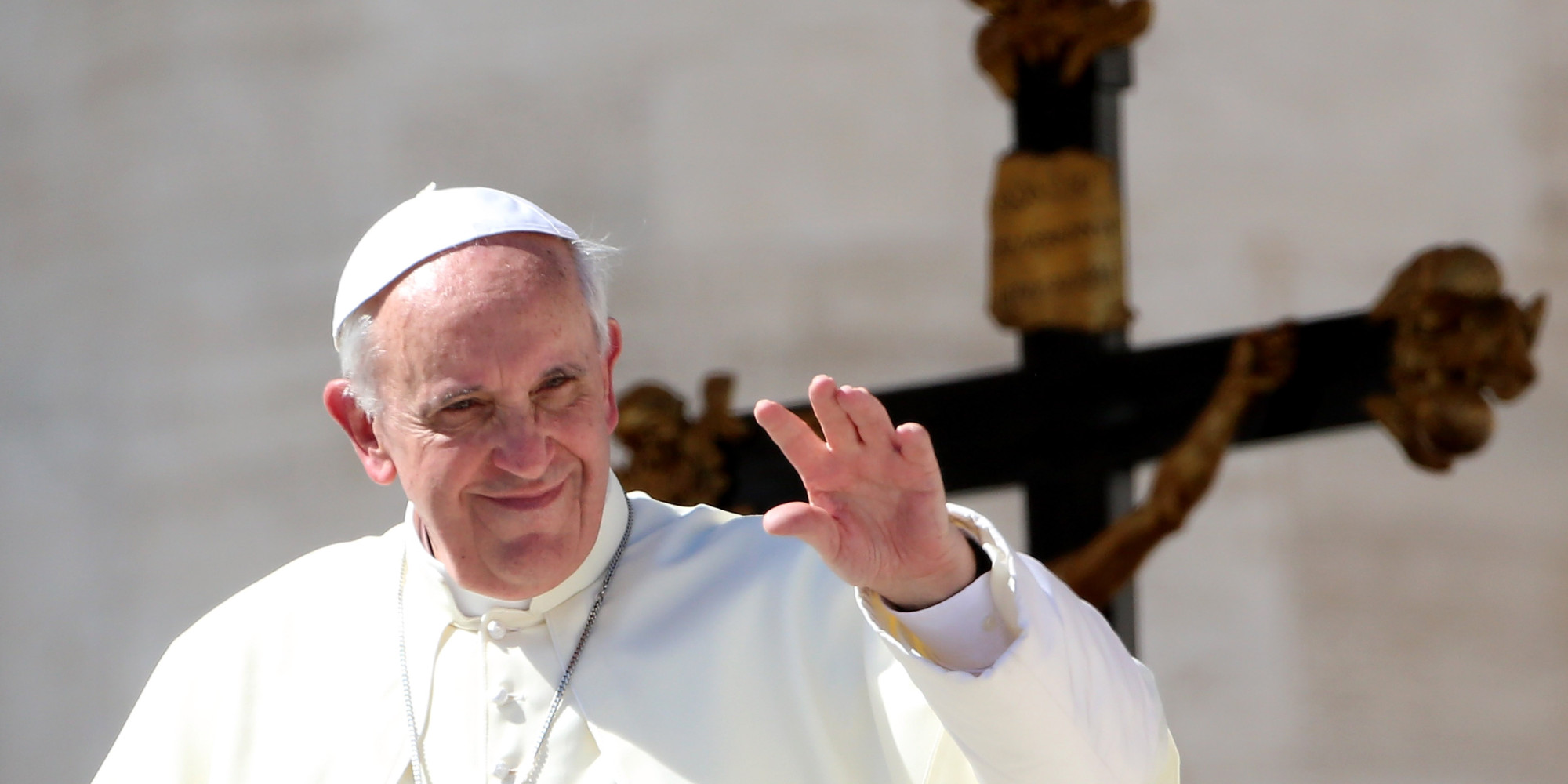Pope Francis has intervened in an ethnic crisis involving the Nigerian town of Ahiara, Imo state , whose bishop, Peter Okpaleke, appointed by Benedict XVI in 2012, is unwanted by lay people and priests of the diocese.
Though Mr. Okpaleke is an Igbo from Anambra State, the Catholic leaders in Ahiara rejected him because he is not an Igbo man from Mbaise.
The Vatican Insider said the pope received on Wednesday a delegation from the Diocese of Ahiara, accompanied by Archbishop of Abuja and apostolic administrator of Ahiara, Cardinal John O. Onaiyekan.
Others at the meeting were Metropolitan Archbishop of Owerri, Monsignor Anthony Obinna, Archbishop of Jos and President of the Bishops’ Conference of Nigeria, Monsignor Ignatius Kaigama, and the Bishop of Ahiara, Bishop Okpaleke.
Priests Clement O. Ebii, Jude N. Uwalaka, Uhuegbu Innocent Olekamma, Sister Bernadette O. Ezeyi and Stanley Pius Iwu, chief of the staff were also part of the delegation.
After a pilgrimage to the tombs of the Apostles Peter and Paul and a visit to the Basilica of Santa Maria Maggiore, the Nigerian delegation attended the Pope’s private Mass celebration.
The delegation had previously met with Cardinal Secretary of State Pietro Parolin, Prefect of the Congregation for the Evangelization of Peoples, Fernando Filoni, and the superiors of the same dicastery, with whom the Church’s situation in Ahiara was widely examined.
Pope Francis spoke of the inadmissibility of the situation in Ahiara and reserved to take the appropriate measures.
He said he was entrusting the Diocese of Ahiara to the motherly care of Mary.
It was Benedict XVI who appointed Monsignor Okpaleke in 2012, only to meet a storm of opposition by the leaders and congregation. He was not even allowed to hold mass in the church.
His predecessor, late Victor Adibe Chikwe, came from Mbaise and was accepted by the worshippers, because he was “son of the soil”.
Pope Francis appointed John O. Onaiyekan apostolic administrator since July 2013. But the crisis has lingered.
Since Okpaleke’s appointment in 2012, the priests and Catholic faithful from Mbaise had insisted they wanted a Bishop of Mbaise extraction.
Nonetheless, Okpaleke was ordained a Bishop on May 21, 2013 in Owerri, the mother Diocese to Ahiara Diocese.
His ordination was graced by the cream of the Catholic Church in Nigeria, including Cardinal Onaiyekan, Archbishop of Jos and President Catholic Bishops Conference of Nigeria (CBCN); Ignatius Kaigama, Archbishop of Owerri and Metropolitan of the Owerri Ecclesiastical Province, His Grace, Archbishop Anthony J.V. Obinna and the Apostolic Nuncio to Nigeria, His Grace, Archbishop Augustine Kasuija.
In a post-ordination speech, Okpaleke said: “My ordination is a celebration of my marriage to the Church of God in Ahiara. Just like wives married into families, I have left my people and have become “onye” (member of) Ahiara Diocese. I remember a piece of music by monks of Western Priory in the State of Vermont USA, which I love so much. The monks set into song Ruth’s response to Naomi: “wherever you go, I shall go, wherever you live I shall live. You people will be my people and your God will be my God. Wherever you die, I shall die and there I shall be buried.


